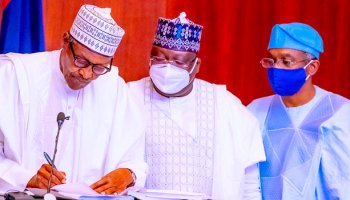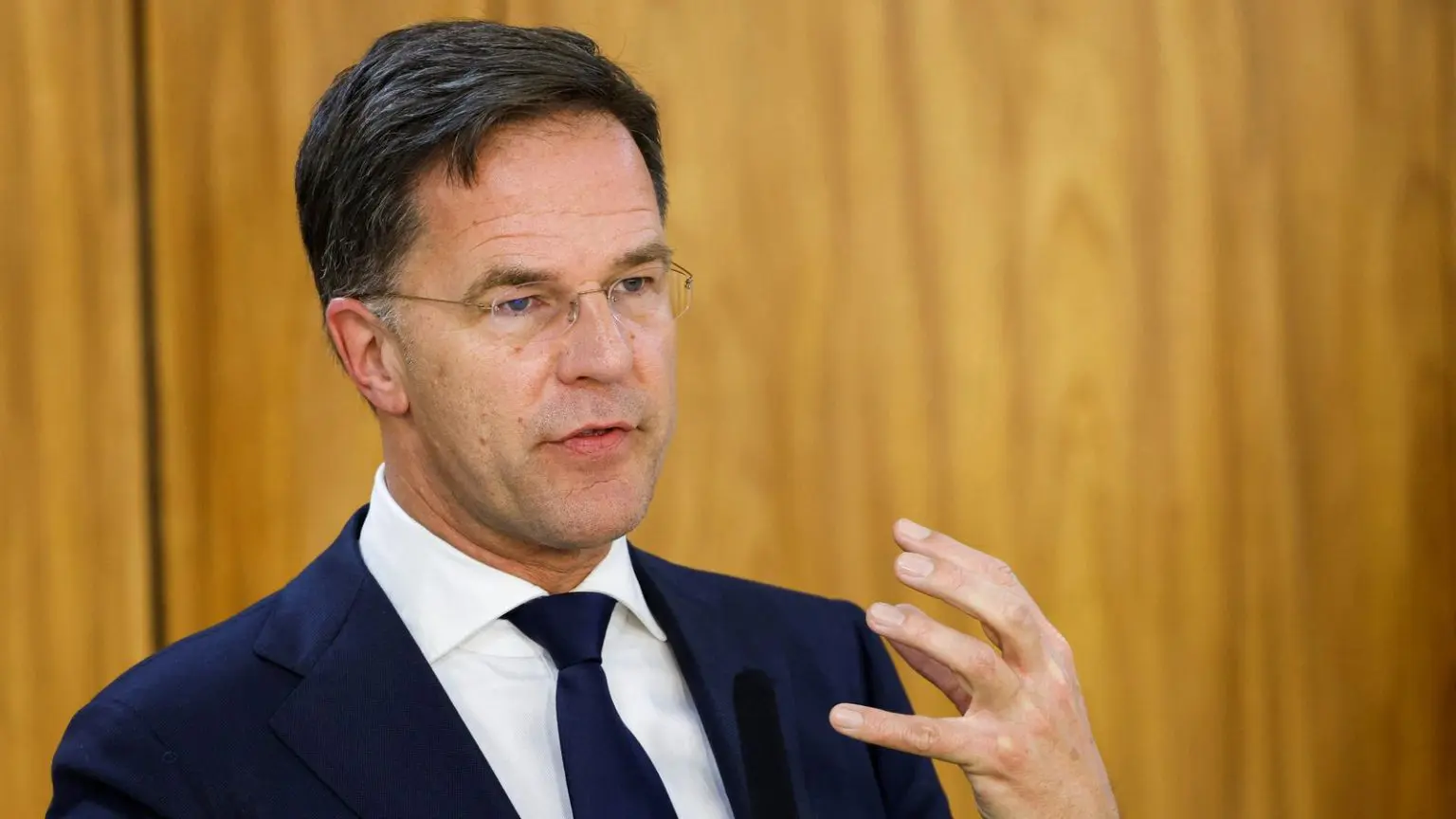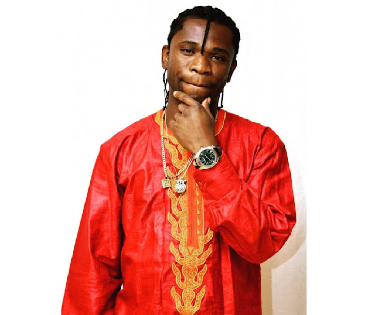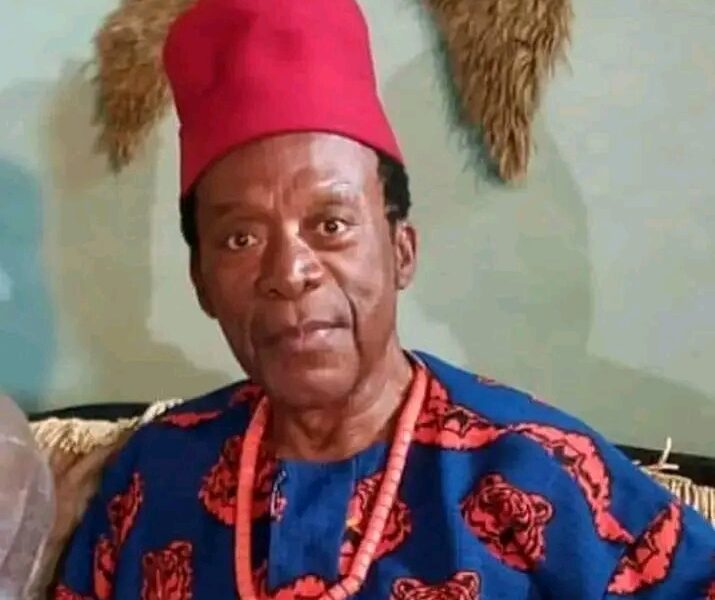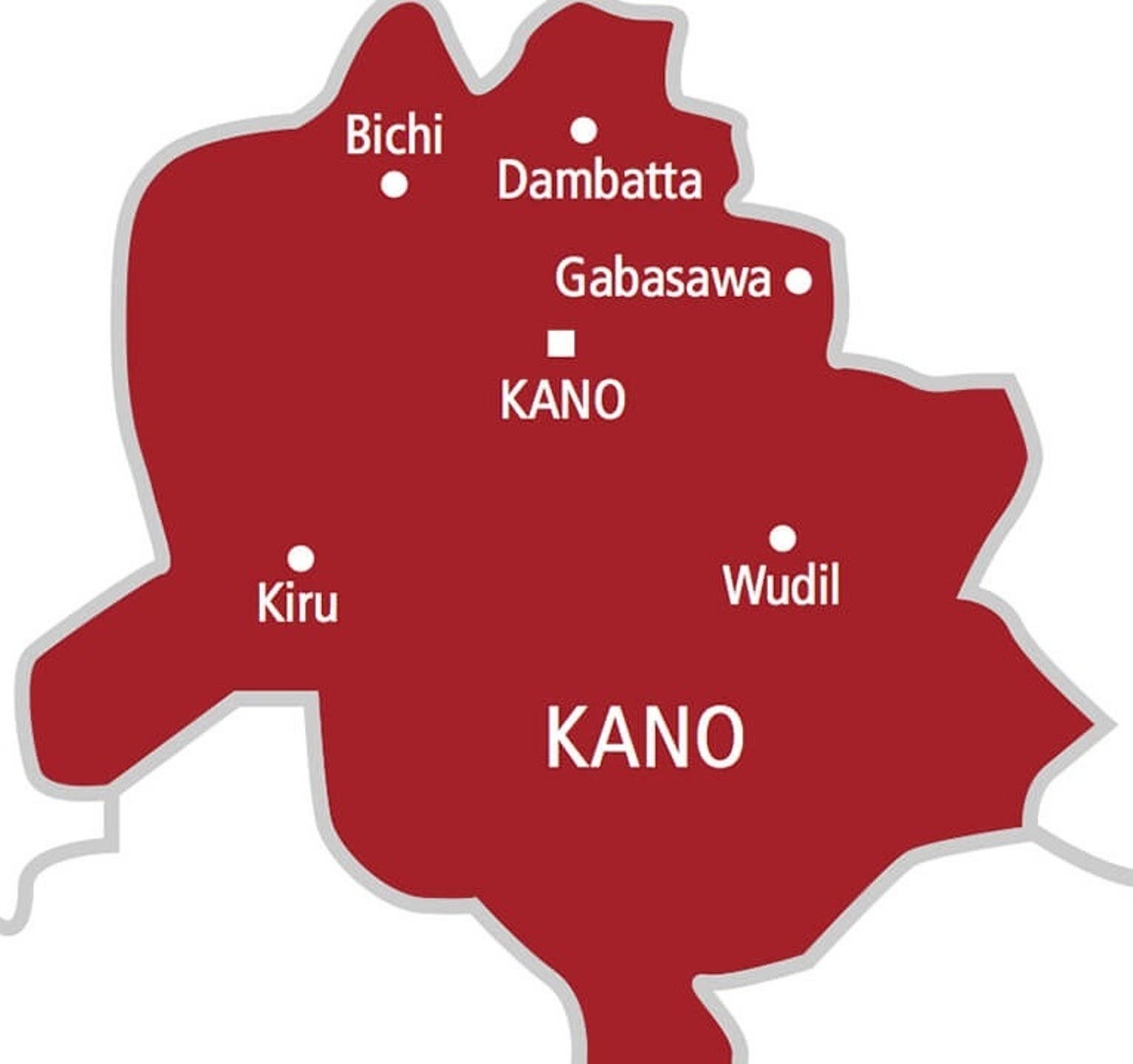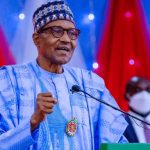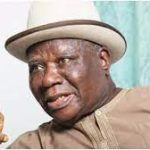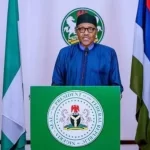The National Assembly has commenced the process of modifying the Electoral Act 2022, which has split Nigerians, eight days after President Muhammadu Buhari signed it. President Muhammadu Buhari wrote to the Senate, requesting that the recently signed act be amended.
In a letter submitted to Senate President Ahmad Lawan and delivered in plenary yesterday, the President urged that Section 84 (12) be repealed entirely.
“I want to direct your kind attention to several important concerns included in the legislation and to request your prompt legislative action on them,” the letter says. I attentively analyzed the newly enacted electoral act amendment 2022 and must acknowledge that there are certain favorable aspects that might revolutionize Nigeria’s election process, notably through the adoption of technology that would ensure people’s constitutional rights to vote properly.”
READ ALSO>>> Is it possible for Nigeria to become a powerhouse overnight?
The practical application of section 84(12) “subjects serving political office holders to inhibitions referred to under Section 40 and 42 of the 1999 Constitution, as it is imperative to note that the only constitutional expectation from serving political office holders that qualify by extension as public officers within the context of the constitution is resignation, withdrawal, or retirement, at least 30 days before the date of the election, as provided in Section 6(1)(f) of the 1999 Constitution.”
The controversial topic, for which the President is seeking an amendment, prevents political appointees from voting or competing for election in conventions and primaries unless they resigned within the previous 180 days. The clause has continued to split Nigerians, with supporters of President Muhammadu Buhari’s urging for its modification and opponents insisting on its retention.
While the majority of Nigerians believe that keeping the provision ensures that all candidates have a level playing field and that politicians will not use their aides to gain an advantage during primaries, a few others, such as renowned legal scholar Prof. Itse Sagay (SAN), are supporting the president.
“I agree completely with the President,” Sagay said, “because what happened, at least to my knowledge, was that the bill was first sent to the President with provisions for direct primaries, which he found obnoxious because it would be difficult to implement and would create all sorts of constitutional conundrums.”
“As a result, he opposed to it and stated that if it could be removed, he would sign the law.” Now, the politicians have done what they enjoy doing: searching for personal gain while carrying out their duty to the country.
“They snuck in some additional clauses.” This time, they made it impossible for persons in executive positions to run or participate unless they quit, despite the fact that the constitution already allows for these resignations to be checked for those in executive posts.”
According to him, lawmakers have created a situation in which those appointments would be forced to retire for 180 days in order to participate in primaries.
The provision was contrary to the constitution, which stipulates a 30-day window for public office holders to resign, according to the law professor, who added that lawmakers were inserting the clause to suit themselves because they believed it would give them more opportunities than those in various executive appointments.
“As a result, the president was quite fair in failing to sign the law on time. Because of the National Assembly’s wickedness, I myself would not have signed at all. That clause, I believe, is unlawful and an example of excessive self-serving behavior,” he remarked.
Timi Olagunju, Global Vice President of the International Republican Institute (IRI), acknowledged that the section’s major goal is to guarantee that individuals in power do not utilize political appointees to achieve their goals.
He thinks that, because the clause affects members’ voting rights, political parties should be able to decide their own futures.
“Section 40 of the Constitution provides the freedom to associate, and as such, it precludes another.” A minister, for example, is a government appointee, but that should not prevent her from associating with her political party and exercising rights connected with it, such as voting.
“Rather than the majority of APC MPs in the National Assembly directing how political parties should manage their internal affairs in this regard, they should allow the parties to decide how they want their association to function, and then let members of the party agree or disagree,” he recommended.
Olagunju added that it is up to political parties to decide whether or not such conduct should be included in their party regulations.
“The president should not even make decisions for the parties; each political party should make decisions that are best for them.” The National Assembly, on the other hand, should not do so. The National Assembly should not dictate how individuals interact with one another. Making legislation in that way might not go well,” he said.
In response to the claim that it breaches a constitutional provision, Abuja-based lawyer Abubakar Sani voiced skepticism that the section infringes on Nigerians’ basic right to freedom of association and speech.
He stated that the limitation is justified as long as it applies exclusively to political appointees and not to others such as city workers.
“Is that a justifiable exemption from the basic right of association and expression?” he asks. That is the issue. Is the limitation justifiable or does it contradict the African Charter’s guarantee of equal protection of the law if it only applies to political appointees and not others (presumably, public servants)? “I don’t believe so!”
Human rights activist Ebun Olu Adegboruwa (SAN) echoed this sentiment, explaining that the clause is in place to guarantee that all candidates for political office have an equal playing field.
Also, Listen To This Song>>> Rema – Calm Down
He pointed out that in the past, many politicians utilized their appointments to help them win elections, while others contested using their instruments of office to get an advantage over their opponents.
“In my opinion, the idea of the provision is that it allows everyone to participate without having an edge over other candidates. To ensure equality for all candidates, everyone should vote on a level playing field. So, if the individual is still in the office while running for election, it’s likely that he’ll utilize his position to his advantage against his opponent. As a result, in the run-up to the elections, everyone should be on an equal footing,” he said.
Olawale Oshun, a senior member of the All Progressives Congress (APC), has indicated that there is no cause for the National Assembly to revisit Section 84 of the Electoral Act.
Oshun argued that anyone in the public service who has an appointment should not be permitted to participate in political activities since he makes choices on a variety of problems.
He stated that such individuals must be apolitical and that if they choose to become political and run for office or engage in the electoral process, they should quit as soon as possible.
“It’s impossible for them to stay nonpartisan when they’re already flying the flag of a political party on every topic.” “My opinion is that they should retire, and as a result, I don’t see why the provision should be reviewed by the National Assembly,” he added.
Meanwhile, Senators Dino Melaye and Alex Kadiri, both former members of the Senate from Kogi State, have encouraged the National Assembly to disregard President Buhari’s appeal, claiming that the provision reflects the views of long-suffering Nigerians.
While Melaye, who represented Kogi East in the fourth Senate, highlighted that federal lawmaker had completed work on the law, Kadiri, who represented Kogi East in the current Ninth Senate, contended that now that the bill has been signed into law, NASS should reject the President’s advice.
The Presidency was persuaded that the disputed Section 84 (12) targeted key members of the federal cabinet, according to The Guardian. Both former legislators spoke independently.
According to sources in the Presidency, President Buhari was provided with solid proof that the section was intended to displace his appointees suspected of harboring various political ambitions for the 2023 election.
“The mystery at the time Mr. President traveled was the probable consequences of withholding assent to the Electoral Act change bill for the third time in four years, especially because the parliamentarians had purged provisions of the bill dealing with mandatory direct primaries.”
“In the end, after calculating the consequences of such a denial on the administration and the President’s person, who had been a victim of defective election processes, the majority of stakeholders concluded that the President should sign the bill into law and spare our party from public ridicule.”
“It was clear that certain National Assembly leaders were in collusion with entrenched political interests in order to retaliate against the President and those they believed had sway in the APC,” a source claimed.
According to one of the sources, “some insiders instigated civil society organizations to embark on protests to the National Assembly, and that made it imperative for the President to sign and make his observation public” during the back-and-forth debate over whether the President should sign or not.
He expressed optimism that the National Assembly leaders would follow through on their pledge to act on an executive measure that would change the elements of the law that the President had criticized.
Attempts to get out to incumbent Senators for comment on the situation were unsuccessful as of the time of reporting this article, but Melaye and Kadiri stated the President recognized the Electoral Act’s public importance and signed it.
Senator Kadiri, for his part, argued that the NASS should disregard President Buhari and carry on with their job, saying, “I think he has signed what they wanted, they should just ignore him and get on with what they are doing.”
He noted that Section 84(12) dealt with a political appointee’s ineligibility as a voting delegate or aspirant, which had a direct impact on some members of the federal cabinet, particularly those who may play key roles during the APC national convention.
“No political appointee at any level shall be a voting delegate or be voted for at any political party’s convention or congress for the purpose of nominating candidates for any election,” the provision said.
“This provision has introduced qualification and disqualification criteria that are ultra vires the constitution by importing blanket restriction and disqualification to serving political office holders of which they are constitutionally accorded protection,” the President said in raising the red flag on the above section.
“Importing an extraneous restriction into the constitution on the basis of the practical application of section 84(12) of the bill, where political parties’ conventions and congresses were to be held earlier than 30 days before the election, would amount to stretching things beyond the constitutional limit.”
“In my opinion, the National Assembly should ignore the President’s proposals,” Melaye said. If they alter the Act again to suit the Presidency and do it the second time, the National Assembly would have affirmed its status as a Presidency department.
“The portion is OK, and the President isn’t meant to raise any red flags because ministries and political appointees aren’t elected.” All delegates to the conventions and congresses are elected, as are local government delegates, chairmen of Local Government councils, party leaders, and members of the National Assembly who attend the conventions and congresses, according to Melaye.
“Ministers and political appointees, on the other hand, are not elected, and this is a democratic area,” he said. So, by exempting ministers and political appointees from participation in primaries and conventions, the National Assembly did the correct thing, and there is nothing wrong with it. Bringing individuals who aren’t democratic in to participate in a democratic process isn’t democratic.
“If these ministers and political appointees want to be delegated to the convention, congresses, or primaries, they should go to their respective grassroots and engage in the democratic process that will produce delegates.”
“Some of them are unable to be elected as councilors and wish to serve as delegates to primaries, conventions, and congresses. If they wish to participate, they should return to their roots and run for Local Government Delegate in all elections, rather than waiting for manna to fall from the sky.
“The Old Testament mentions manna descending from the sky, yet the New Testament says that anybody who refuses to work should not eat.” If the National Assembly implements the President’s second amendment after the first, the National Assembly would have confirmed that it is an extension of the Presidential Villa and not an independent part of the government.”
Melaye expressed optimism that the Election Act of 2022 will significantly improve the electoral process, emphasizing that it will boost openness and give the process legitimacy.
On the possibility that the 2023 election will go off without a hitch based on the Electoral Act, especially in light of the faulty BVAS machines experienced during the FCT LG election, he said that INEC has enough ground to correct the anomalies and close the gap before the 2023 election by conducting the election in Anambra State and the FCT council polls.
“They now know where the technological issues and challenges are, and I anticipate it will be perfected by the election in 2023.” BVAS, on the other hand, lends legitimacy to the entire voting process.
Senator Kadiri went on to say that the election legislation is an upgrade over what the country had previously. “I will only implore the security agencies and thugs to enable Nigerians to choose their governors, chairmen, president, and chairman,” he said.
“Because I’m involved in the election process and know what I’m talking about.” Beautiful law, signed act, excellent; yet, will those in power enable the context of this law, assigned, to be implemented for the people’s benefit?
“An appointee cannot be a delegate; it is preposterous that as governor of a state, I appoint 20 commissioners, 30 advisers, and 30 special assistants, all of whom will come and vote during an election, with no mandate other than the mandate of the guy who appointed them.”
“He can’t be allowed or allowed to multiply himself.” If the President, for example, authorizes all of his political appointees, the President has over 500 political appointees, they are likely to influence who wins in each election in which they participate. That is not the definition of democracy.”
“We should wait and see,” Kadiri said when asked if he thinks the National Assembly would have the fortitude to disobey the President. “There are those of us who are not in the National Assembly but we communicate to them on a regular basis.” The National Assembly’s institution is being put to the test.
“Those of us who have been there before and those of us who are there now have equal stakes in the National Assembly’s integrity.” My hope is that, following our individual interventions, they will just let sleeping dogs lie.
“Presidential appointees, governors, and chairmanships cannot be delegates to any elective position; this is incorrect.”
According to him, any legislation may be successful for elections if individuals in power allow the law’s context to take precedence over their own interests.
“This Act, which has been signed into law, will improve our electoral fortunes provided that those in power allow a free and fair election; however, when the police, thugs, and military are used to circumvent the process, rendering the people’s will useless, it becomes a tragedy, which is exactly what has been happening.”
“I’ve seen elections in this nation, and I’ve seen my party seize vote boxes in elections that we didn’t win.” Nigerians are unconcerned about positive legacies, but I think Buhari, like myself, would desire a nice legacy associated with his name.
“That wonderful legacy should inspire people to pray and wish Buhari were still alive.” He shouldn’t become involved in anything organized by his close group. They are buddies and appointments, not elected officials. He should pay attention to those of us who ran the elections that put him in power.
“We like this election legislation as it is now, and we like it even more if it is implemented.” We would be furious if the cabals surrounding Buhari, whether friends, relatives, or appointees, try to sway the people’s will,” he said.
Do you find Six9ja useful? Click here to give us five stars rating!
